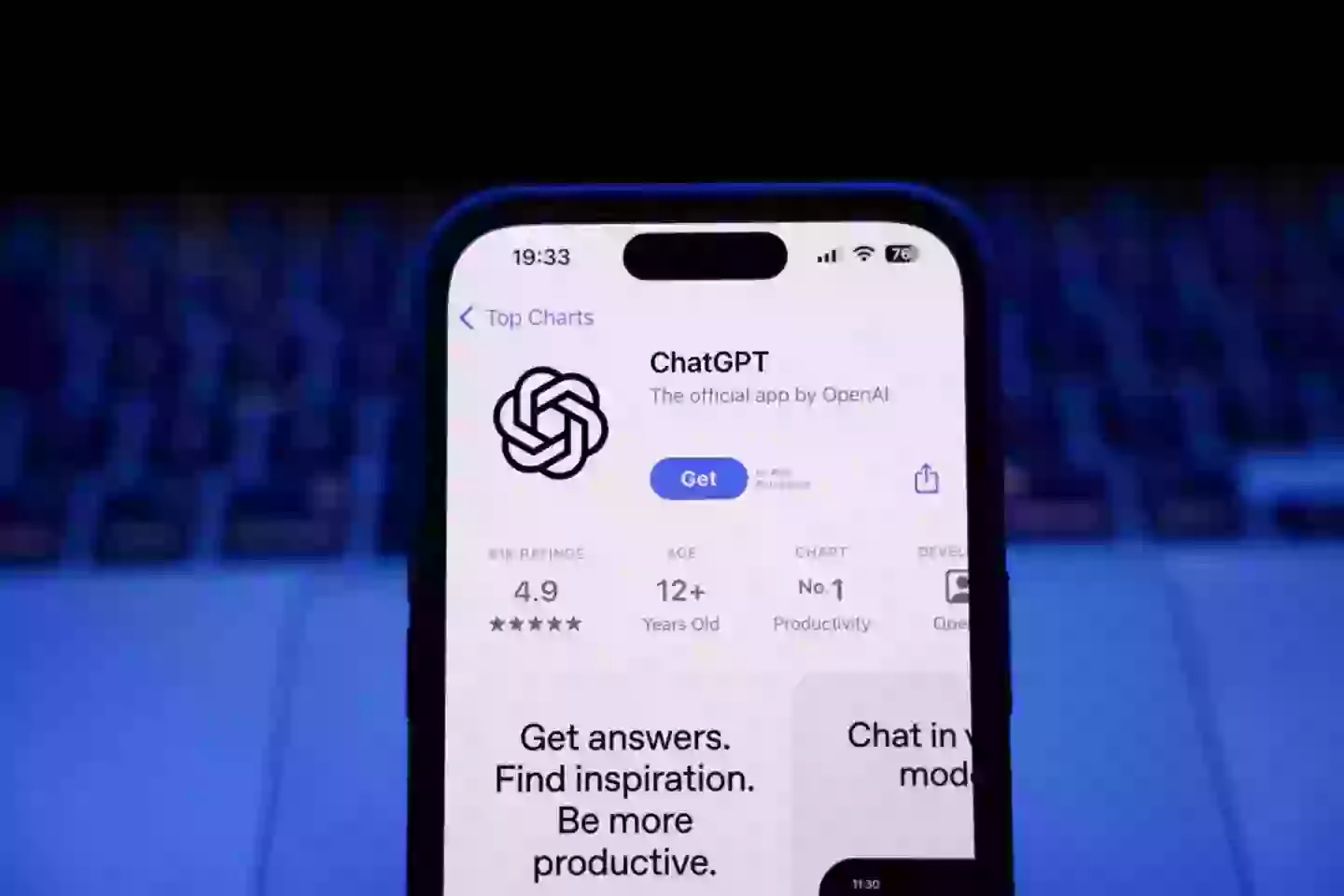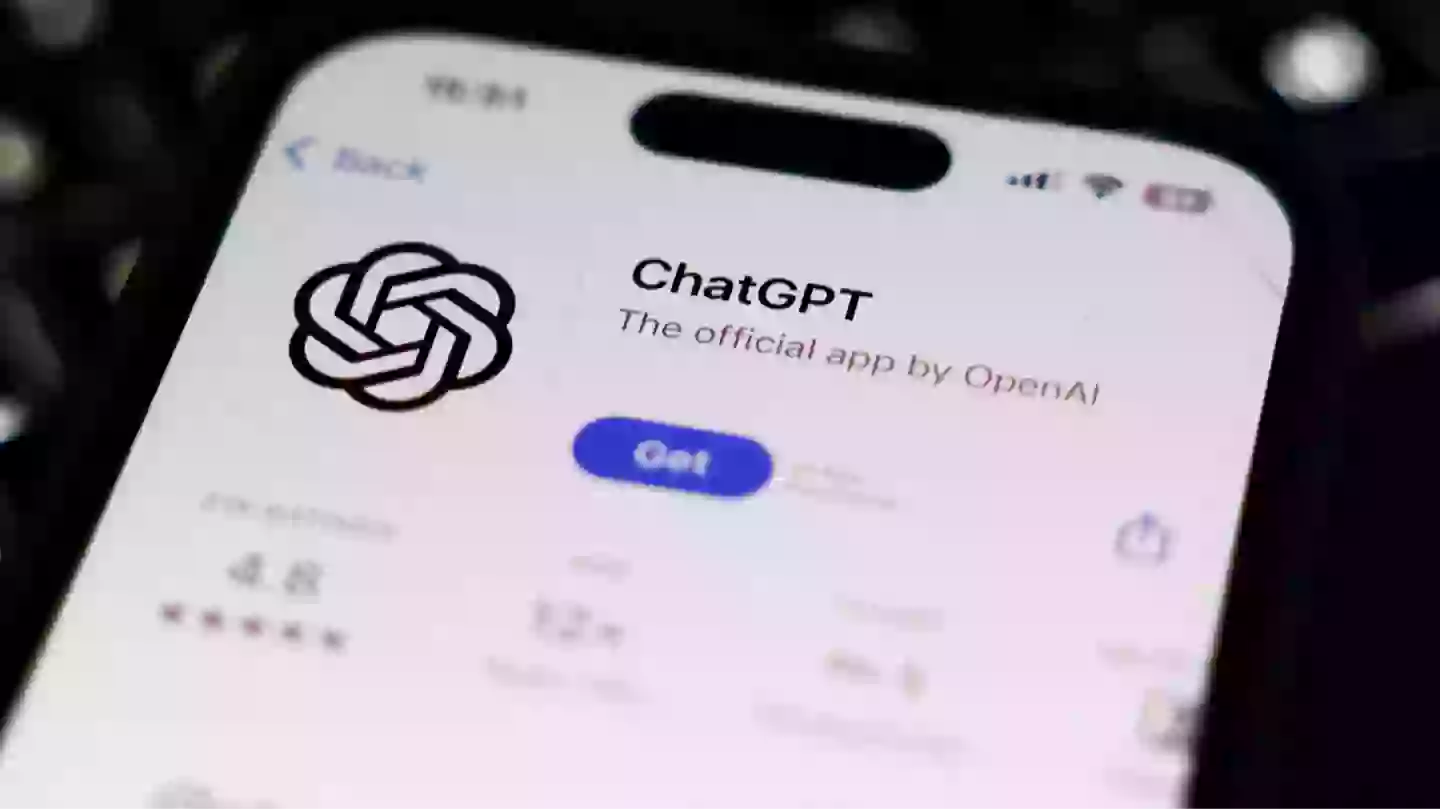ChatGPT has become a significant part of everyday activities, aiding users in creating dating profiles, completing essays, and updating resumes. However, concerns have arisen about the extent of its influence.
Since OpenAI launched this chatbot, there has been ongoing apprehension regarding its capabilities and implications for the future.
After all, we’ve all watched movies like Terminator.
While ChatGPT is handy for crafting responses to tricky work emails, recent scientific studies have raised alarms about its effects on our cognitive functions.
A recent study conducted by researchers from MIT’s Media Lab has revealed some concerning findings about the potential impact on our minds.
The researchers conducted an experiment involving 54 individuals aged 18 to 39 from Boston. These participants were divided into three groups and tasked with writing SAT essays over a span of four months. One group used ChatGPT, another used Google’s search engine, and the third was prohibited from using either tool during essay writing.

Each group was connected to an electroencephalogram (EEG) to monitor and record brain activity.
Among the three groups, those using ChatGPT exhibited the lowest level of brain engagement and consistently underperformed in neural, linguistic, and behavioral aspects.
The study also observed a tendency for ChatGPT users to become increasingly lax, often resorting to directly copying and pasting text from the chatbot as the trials progressed.
When these users were required to write essays without assistance, they displayed ‘reduced alpha and beta connectivity, indicating under-engagement’.
So, what are the implications for us?
Lead author Nataliya Kosmyna expressed concerns about the long-term effects on brain development due to AI usage.
“What really motivated me to put it out now before waiting for a full peer review is that I am afraid in 6-8 months, there will be some policymaker who decides, ‘let’s do GPT kindergarten.’ I think that would be absolutely bad and detrimental,” she said as per TIME. “Developing brains are at the highest risk.”
The EEG results revealed that the AI group exhibited low executive control and attentional engagement, and by the third essay, they allowed ChatGPT to handle most of the work.

“It was more like, ‘just give me the essay, refine this sentence, edit it, and I’m done’,” Kosmyna explained.
In contrast, those without any technological aid demonstrated the highest levels of neural connectivity, particularly in areas related to creativity, memory, and understanding of semantics.
These individuals were also more engaged and displayed curiosity.
The group using Google Search also showed active brain function, leaving the AI users with the least favorable results overall.
Additionally, the AI users struggled to recall the content of their essays. Kosmyna explained: “The task was executed, and you could say that it was efficient and convenient. But as we show in the paper, you basically didn’t integrate any of it into your memory networks.”
Regarding the impact on students and young individuals, the study indicated: “Education on how we use these tools, and promoting the fact that your brain does need to develop in a more analog way, is absolutely critical.
“We need to have active legislation in sync and more importantly, be testing these tools before we implement them.”
Upon learning about the study’s findings, many online voiced their criticism of AI and its users.
One user on X commented: “We are in a battle for our humanity here and y’all are willing to melt your brains to not have to think about writing a couple emails.”
Another remarked: “Great so now ChatGPT is not only writing my emails but also quietly stealing my brain cells cool cool.”
Someone else commented: “NPCs gonna NPC.”

